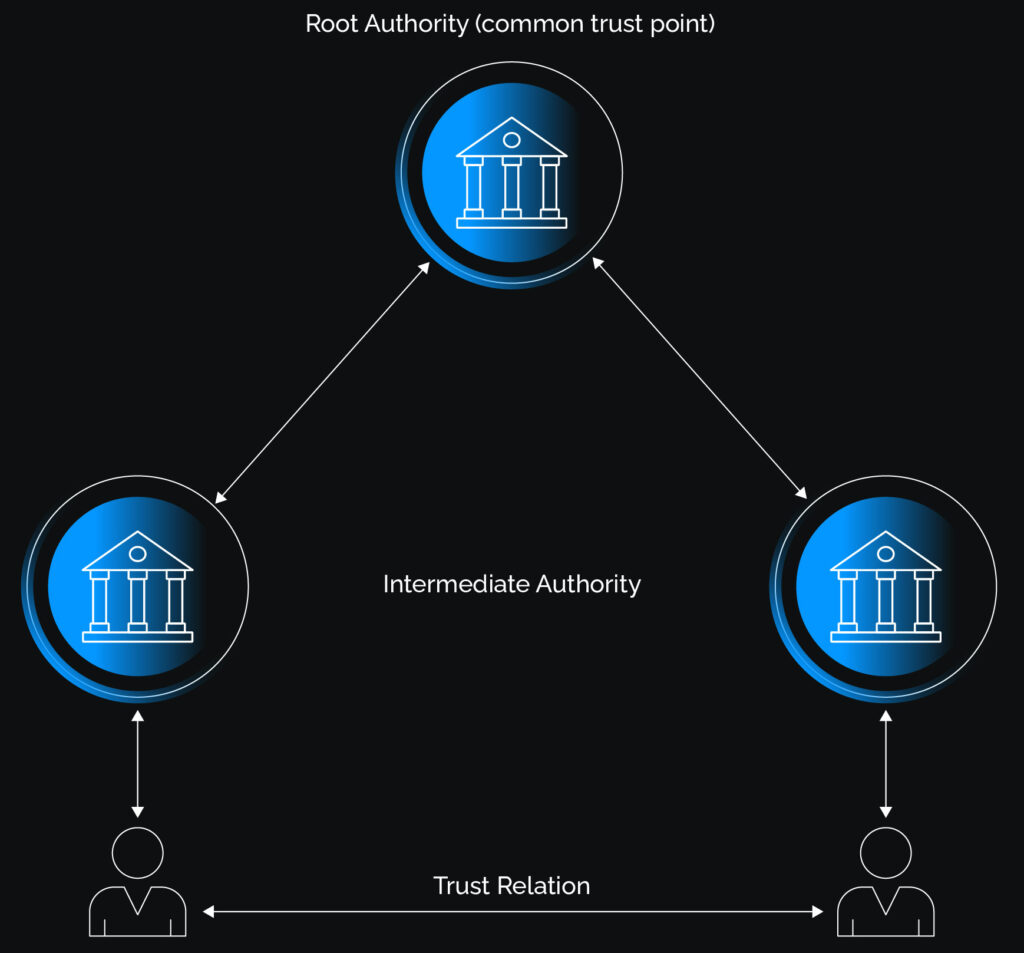Digital Identity and Self-Sovereign Identity Solutions.
In today’s digital world, where our lives are increasingly interconnected with technology, the need for robust and secure digital identity solutions is more critical than ever. Digital identity plays a pivotal role in various online interactions, from accessing financial services to participating in social media platforms. However, concerns about data privacy and security have sparked the development of innovative solutions, such as self-sovereign identity (SSI), that empower individuals to take control of their own digital identities. In this article, we explore the concept of digital identity, the challenges it poses, and how self-sovereign identity solutions are revolutionizing the way we manage and protect our online identities.

- Digital Identity and Its Challenges
Digital identity refers to the set of attributes, credentials, and personal information that uniquely identify an individual online. Traditional digital identity systems rely on centralized databases and third-party organizations to manage and authenticate users’ identities. While these systems offer convenience, they also pose significant privacy and security risks. Centralized databases become prime targets for cyberattacks, leading to data breaches and identity theft.
Moreover, users have little control over their personal information, often having to share more data than necessary to access various services. This lack of control not only compromises user privacy but also creates a fragmented and inefficient user experience.
- Self-Sovereign Identity (SSI) Solutions
Self-sovereign identity (SSI) solutions aim to address the shortcomings of traditional digital identity systems by putting users in full control of their personal information. In an SSI model, individuals hold their identity attributes and credentials in a digital wallet, allowing them to selectively share only the information required for a particular transaction.
SSI is based on blockchain technology, where identity information is cryptographically secured and stored in a decentralized manner. This ensures that personal data is not stored on a single vulnerable server but distributed across the network, significantly reducing the risk of data breaches.
- Decentralization and Trust
SSI relies on the principles of decentralization and trust to establish identity authenticity. Instead of relying on a centralized authority to verify identities, SSI utilizes a network of trusted validators or verifiers. These validators can be governments, educational institutions, or any trusted entity that can issue verifiable credentials.
When individuals present their credentials, they are cryptographically validated by the verifiers without revealing sensitive data. This process ensures that users maintain control over their personal information while also ensuring that the presented credentials are genuine and trustworthy.
- Enhanced Privacy and Data Control
With SSI, users no longer need to divulge unnecessary personal information to access services. They can share specific attributes, such as age or address, without revealing their entire identity profile. This selective disclosure reduces the risk of identity theft and minimizes the collection of sensitive data by service providers.
Furthermore, SSI enables users to manage multiple identities across different contexts. For example, an individual can have separate identities for personal, professional, and social interactions, enhancing privacy and compartmentalizing their digital presence.
- Real-World Applications
Self-sovereign identity solutions are finding applications in various industries and use cases. From financial services to healthcare, SSI is streamlining identity verification processes, reducing fraud, and improving user experience. Governments are exploring SSI for secure and efficient citizen identification, while businesses are implementing SSI to enhance customer trust and loyalty.
Empowering Digital Citizens
Digital identity and self-sovereign identity solutions are reshaping the way we interact with the online world. By empowering individuals with control over their personal information, SSI not only enhances privacy and security but also fosters a more inclusive and user-centric digital ecosystem. As this technology continues to evolve, we can expect self-sovereign identity solutions to become an integral part of our digital lives, offering a safer, more convenient, and privacy-focused approach to identity management.


